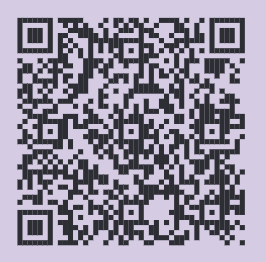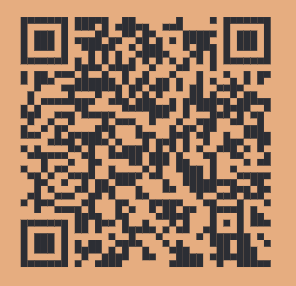Changes to Caltech's Free Speech and Expression Policy Explained
On April 26th, an email from President Rosenbaum and Provost Tirrell announced an update to Caltech’s Free Speech and Expression Policy in response to ongoing protests over Gaza occurring in many campuses nationwide, including our neighboring UCLA.
The former Free Speech and Expression Policy is about a page long, with five numbered points summarized as:
- The Institute can specify when, where, and how organized expression (e.g. marches) occur
- Such events need a Caltech-affiliated sponsor. The sponsor must make arrangements with the appropriate admin office before the event.
- The office will designate space for the event. Electronic sound amplification and unapproved fundraising are banned.
- Non-sponsored outside individuals do not have a right to access campus.
- This is not meant to limit distribution of printed material about Caltech affairs by members of the Caltech community.

QR code to former policy
In contrast, the new Free Speech and Expression Policy is five pages long, divided into an introduction and five sections A-E, summarized as:
Caltech upholds freedom of expression, including the right to peaceful protests and to offensive speech. However, Caltech may still restrict speech which threatens individuals, is illegal, disrupts Caltech’s operations, violates Institute polices, etc.
A. Rules of Conduct: no one may interfere with building entrances/exits, emergency alarm systems, or traffic. No one may engage in activity that endangers personal safety, damages property, violates privacy, or disrupts normal Institute operations. The sponsor of an event is responsible for any damage that occurs.
B. Organized Expression:
- Organized expression (e.g. marches) need a Caltech-affiliated event sponsor. The sponsor must make arrangements with the appropriate admin office before the event.
- External speakers with a Caltech host are allowed with official approval.
- The responsible admin office will designate space for events. Event sponsors are responsible for reasonable associated costs (e.g. security).
- Camping on campus is not allowed without permission.
- Memorials and other displays are allowed in Hameetman or the CSS foyer for up to 7 days. People can contact the OSE to reserve space.
- Non-sponsored outside individuals do not have a right to access campus.
C. Banners, Leaflets, and Sound Amplification:
- Specified Caltech-affiliated groups can display posters on designated community bulletin board areas. Written material posted must include the name and contact info of the organization/individual responsible, and the title/date/location of the event, if applicable.
- Electronic sound amplification is banned unless it will not interfere with normal activities.
D. Fundraising, Commercial, and Political Activity: Fundraising is banned unless it complies with Institute policies and is pre-approved. A separate Caltech policy regulates political campaigning.
E. Non-Endorsement Language: In associated written material, event sponsors must clearly indicate their views do not represent Caltech’s.

QR code to the new policy
NOTE: We have written these summaries for context and convenience. Anyone interested in organizing a protest or other related event should consult the original text of the policy, linked in the QR code provided.
The contents of the former Free Speech and Expression Policy are largely replicated in B1, B2, B3, B6, C2, and D of the new policy. Direct updates to the statements of the previous policy include that sound amplification now may be permitted when it “will not interfere with normal operations in an academic environment” when before sound amplification was entirely banned, and that event sponsors are now responsible for some event costs as per B3. While the previous policy merely stated it was “not intended to limit distribution of printed material relating to Institute affairs”, section B5, C1, and E of the new policy introduces several specific guidelines for written material.
The new policy adds onto the former policy by establishing rules for a wider range of activities. Notably, section B4 of the policy bans camping on campus (without explicit permission), likely in response to pro-Palestine encampments put up as part of recent protests at other campuses, such as UCLA and MIT. Section A specifies rules intending to address disruptive or dangerous activities.
Four days after the announcement of the new policy, a new email from President Rosenbaum and Provost Tirrell addressed three protests that had occurred since the new policy. This announcement stated the “events have been peaceful, and the protests did not impede or disrupt campus research, education, or operations”, but that the protests nonetheless violated the Free Speech and Expression Policy because “the Institute was not notified of the events in advance by an authorized campus organizer.” The email warned that those violating campus policies are subject to disciplinary measures.